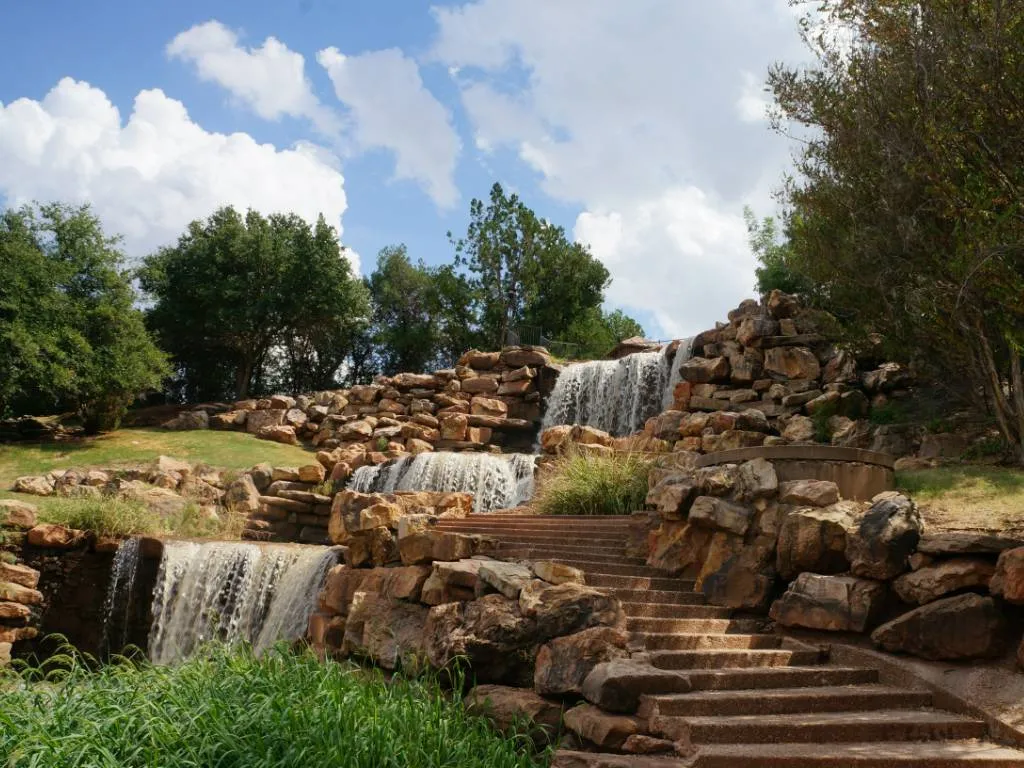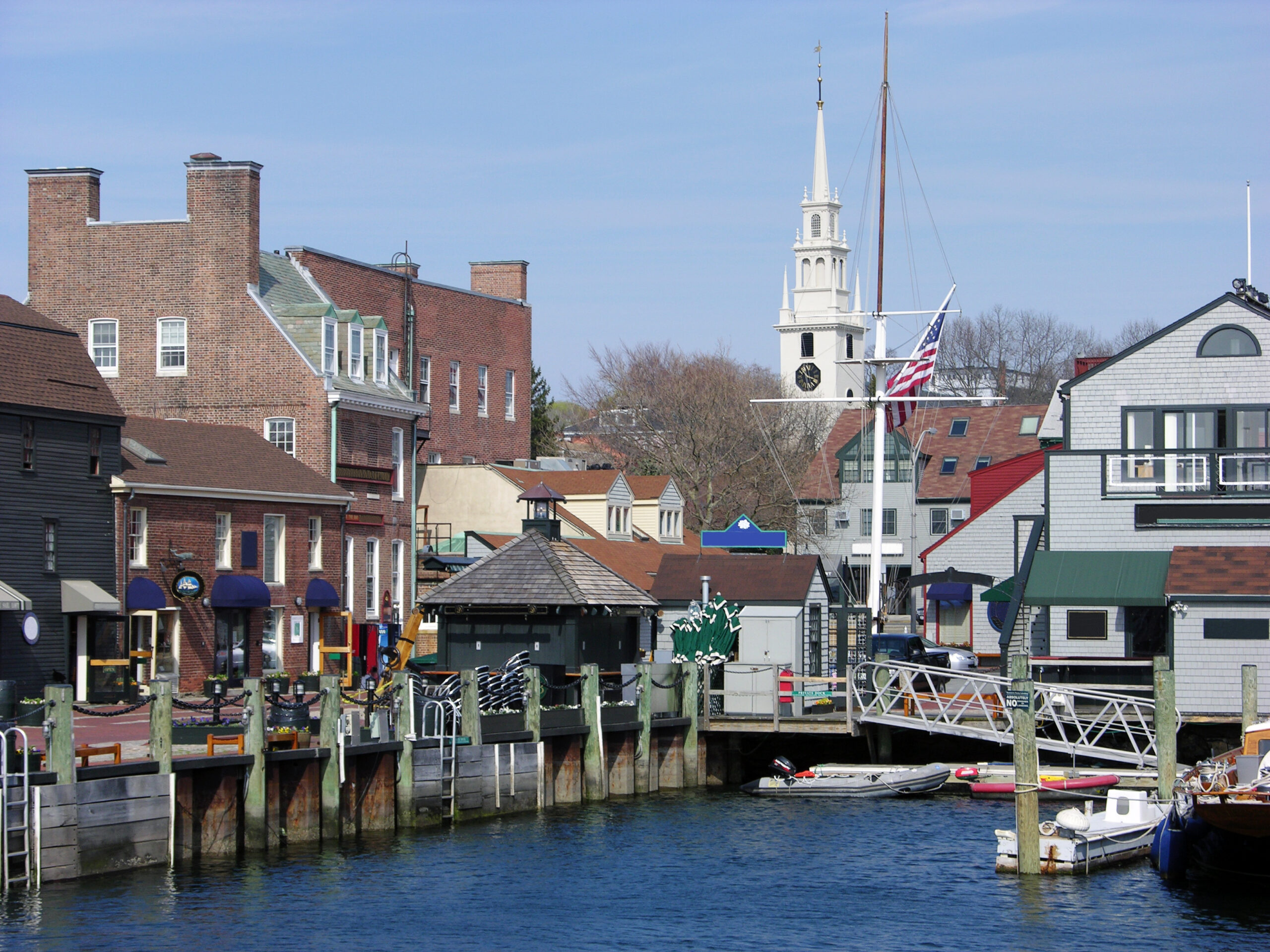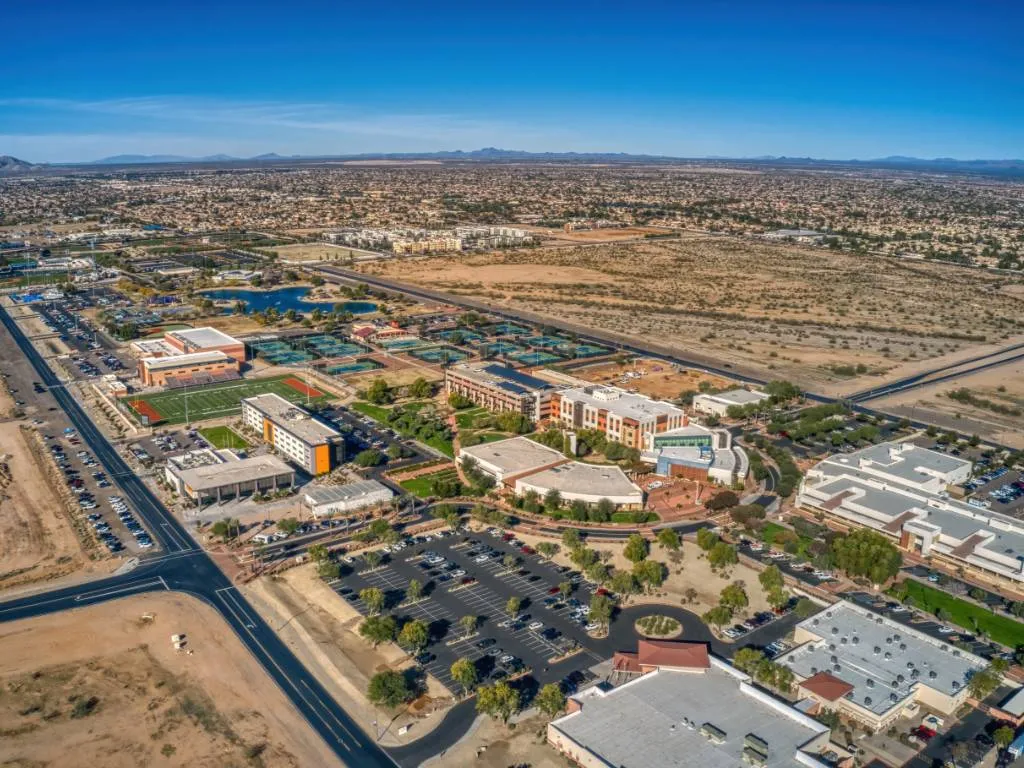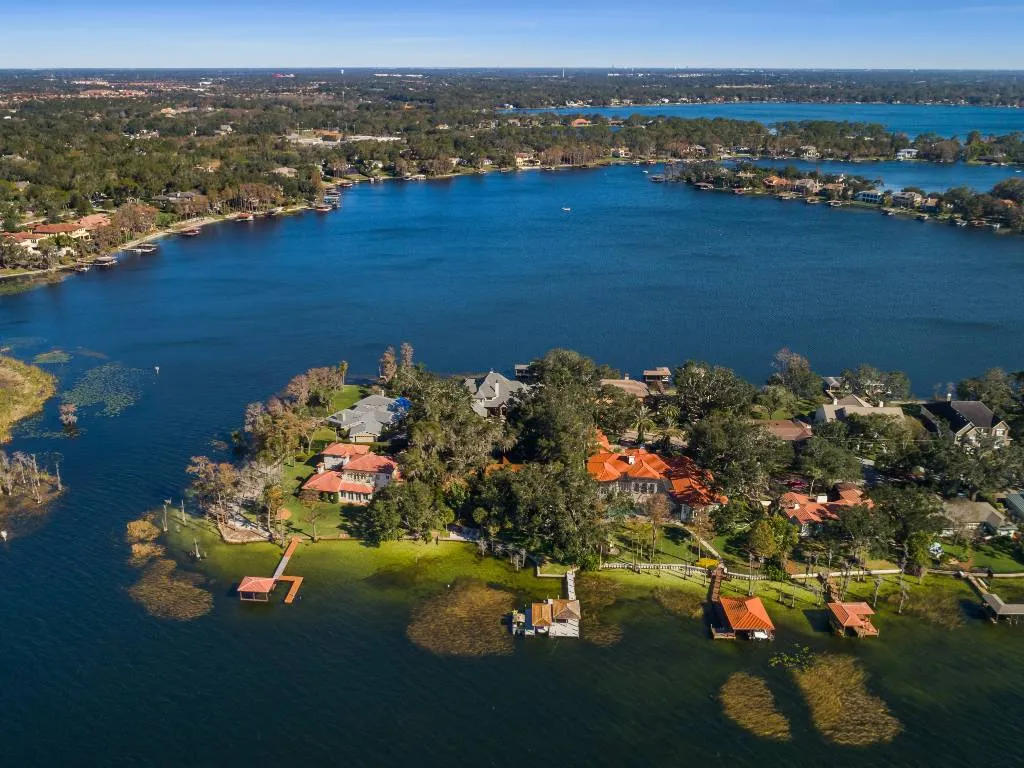7 Things to Know Before Moving to Wichita Falls, TX

Tucked away in North Texas along the Oklahoma border sits the city of Wichita Falls, known for its rich history, friendly community, and affordability. This “City That Faith Built”, named after the nearby Wichita River Falls, has transformed over the years from a rugged frontier town to a modern city with parks, shopping, dining, and arts.
Whether you’re considering moving for the low cost of living, temperate climate, or laidback lifestyle, Wichita Falls has a lot to offer new residents. Before you make the move, keep these 7 key things in mind to decide if this North Texas town is the right fit for you.
1. Work in the manufacturing, healthcare, or education sector
Wichita’s economy is mostly based on the manufacturing, education, healthcare, military, and oil industries.
Hopefully, you won’t have any trouble finding work in Wichita Falls. Wichita Falls Independent School District, North Texas State Hospital, Sheppard Air Force Base, Midwestern University, Cryovac, Howmet Castings, United Regional Healthcare System, North Texas State, the City of Wichita Falls, and United Regional Healthcare are among the city’s top employers.
2. It’s quite hot in Wichita Falls
Get ready for some serious heat! The climate in Wichita Falls is humid subtropical, characterized by mild winters and extremely hot and sticky summers. Summers in this area can exceed 100 degrees Fahrenheit on around 30 days of the year and 90 degrees on more than 100 days of the year, making it one of the warmest places in the nation outside of the Desert Southwest.
Roughly seventy-four days a year, the city receives roughly thirty inches of precipitation. While rain is more common in the summer, snowfall can happen at any time.
3. The city is served by three school districts
Bright Ideas Charter School, Wichita Falls Independent School District, and City View Independent School District all provide public education in Wichita Falls. Both Hirschi High School and G.H. Kirby Junior High School in the Wichita Falls Independent School District provide International Baccalaureate programs.
Hirschi houses the IB Diploma Program, while Kirby is used for the Middle Years Program.
Public high schools in Wichita Falls include City View, S. H. Rider, and Wichita Falls. Christians Academy and Notre Dame Catholic School are two of the many parochial institutions in the town that provide religious instruction.
4. The cost of living is 25% lower than the national average
The cost of living is rather modest in Wichita Falls, so there’s no need to worry if money is an issue. There is a 25% drop in the cost of living compared to the national average. With a median home price of approximately $157,924, housing costs in the region are fourteen percent lower than the national average. Monthly rent might range from $540 to $700 (not including utilities) for a studio, one-bedroom, or larger unit with all the facilities you could want.
The city’s other average prices are also affordable. You can save around 10% compared to other cities when you go grocery shopping, while utility and transportation expenses are 17% lower than average. As for healthcare, it’s 6% cheaper than the national average.
5. Explore Lucy Park or Lake Wichita Park
Wichita Falls’ many parks and other natural attractions make it an ideal destination for those who enjoy spending time in nature. The 170 acres that make up Lucy Park are home to several recreational amenities, including a swimming pool, a playground, a golf course, picnic spots, a log house, and paved riding, bicycling, and roller skating paths. The city is also known for its magnificent waterfalls, which were rebuilt following a devastating flood that washed away the previous falls.
Disc golf, an 18-hole course, illuminated baseball and softball fields, three football fields, an off-leash dog park, and a 2.6-mile hiking and bicycling track are all available at the 236-acre Lake Wichita Park, which is close to Lake Wichita.
6. Get around the city on Falls Ride
Falls Ride is in charge of the city’s public transportation system. The system operates Monday through Friday from 5:30 a.m. to 7:30 p.m. and Saturdays from 10:30 a.m. to 5:30 p.m., providing rides to passengers along defined routes across Wichita Falls. Additionally, those who are old or have disabilities have access to a curbside service and a shopping cart program that gives them rides to the store.
Shuttle Van Service offers trips to the Dallas-Fort Worth International Airport at regular intervals throughout the day, and Greyhound Lines offers bus service between cities from its station at the Jolly truck stop.
7. A higher-than-average crime rate
When compared to the rest of the country, Wichita Falls’ rate of violent crime is much higher. The city has a violent crime rate of 27.1, which is higher than the national average of 22.7. Also, compared to the rest of the country, it has a far higher rate of property crime; specifically, 53.2 compared to 35.4 nationally.
Wichita Falls residents should be on the lookout for potential dangers and take additional measures to ensure their safety and security because of the area’s considerably high crime rate.
To Sum it All Up
Wichita Falls offers an affordable cost of living, pleasant parks and outdoor spaces, and job opportunities in key industries for those considering a move. However, the extreme summer heat and higher-than-average crime rate are important factors to weigh.
Do your research to determine if Wichita Falls’ benefits outweigh any potential drawbacks for you and your family. For the right people, Wichita Falls can provide a warm, welcoming tight-knit community to call home in North Texas.






